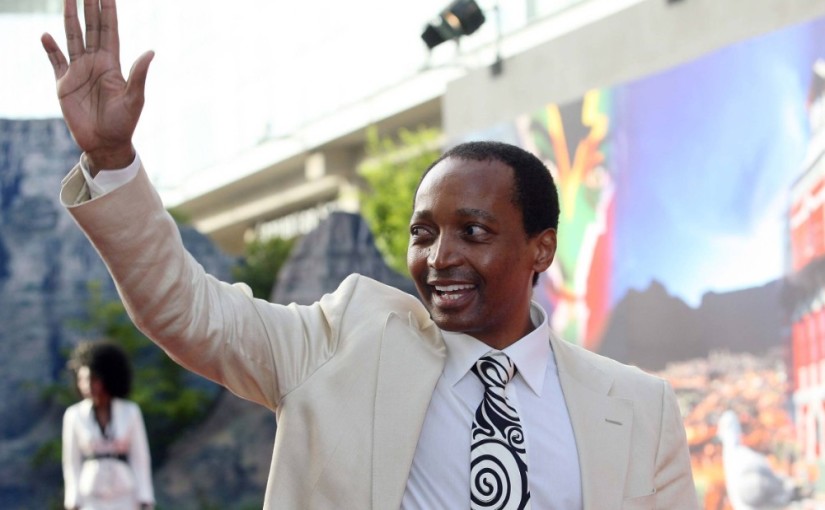Today South Africa (SA) is considered “the second-most charitable country, behind the United States.” In the post-Apartheid era wealthy South Africans have become both “Benefactor” and “Volunteer” donors – giving time and money to charities.
The reasons philanthropists in SA give, are varied. However, a belief in the African philosophy of ‘ubuntu’ is said to underlay the need to give. A strong sense of community pervades the philosophy of ubuntu and culture of giving in SA. However, the divide between the rich and poor is also a driving force behind philanthropy in the country.
The drivers of philanthropy in SA are complex, “(t)hey go from plain guilt to wanting to uplift the economy, and knowing that the only way to get people working, participating and out of poverty, is to care for your fellow human being.”
The philosophy of ubuntu is not new to the African continent. The idea that “I am because you are and you are because I am” has existed as a collective conscience long before the Colonialists arrived with their divide and conquer ideologies. The very definition of ubuntu exudes a sense of charity and well-being which, over the years, has fostered various forms of philanthropy and giving at all levels of society.
Ubuntu is known by various names in different African countries: in Botswana it is ‘botho’; in Zimbabwe, ‘unhu’; in Malawi, ‘uMunthu’, to name only a few. Regardless of its name, most African nations abide by the spirit which ubuntu embodies and that is of humanness and humanity.
Viewing the concept of ubuntu through a philanthropic lens the picture is one of a culture that promotes communalism and interdependence. It is in SA where the philosophy of ubuntu took on its greatest challenge – Apartheid. However, it was also this ‘challenge’ which helped to resurrect the culture of ubuntu by recognizing that reconciliation was a key facet of the philosophy.
It was in 1995 that SA decided to deal with its colonial past by setting up the Truth and Reconciliation Commission (TRC). The idea of the TRC was to allow victims of gross human rights abuses under the Apartheid regime to tell their stories while facing their accused. Consequently, the perpetrators of the violence were offered amnesty for their crimes in return for full disclosure of the atrocities they committed. The world watched with incredulity as the public hearings unfolded: How could anyone forgive such inhumanity?
Archbishop Desmond Tutu credits the culture of ubuntu with the grace South Africans needed to forgive their abusers. The TRC was touted as a way for SA to heal old wounds and move towards its future. It is this resilience that prompted “SA and most other African countries (to) publicly (declare) the 21st century as the century for renewal and advancement of the African continent so that African countries become active and competitive players on the global stage.”
Through all of its trials, SA has definitely become “a competitive player” on the philanthropic global stage. However, there are concerns in SA that ubuntu will be commercialized, consumed and pervaded by companies and organizations looking to capitalize on its philosophy. Being conscious of this could go a long way when looking to secure donations from philanthropists in the country.







